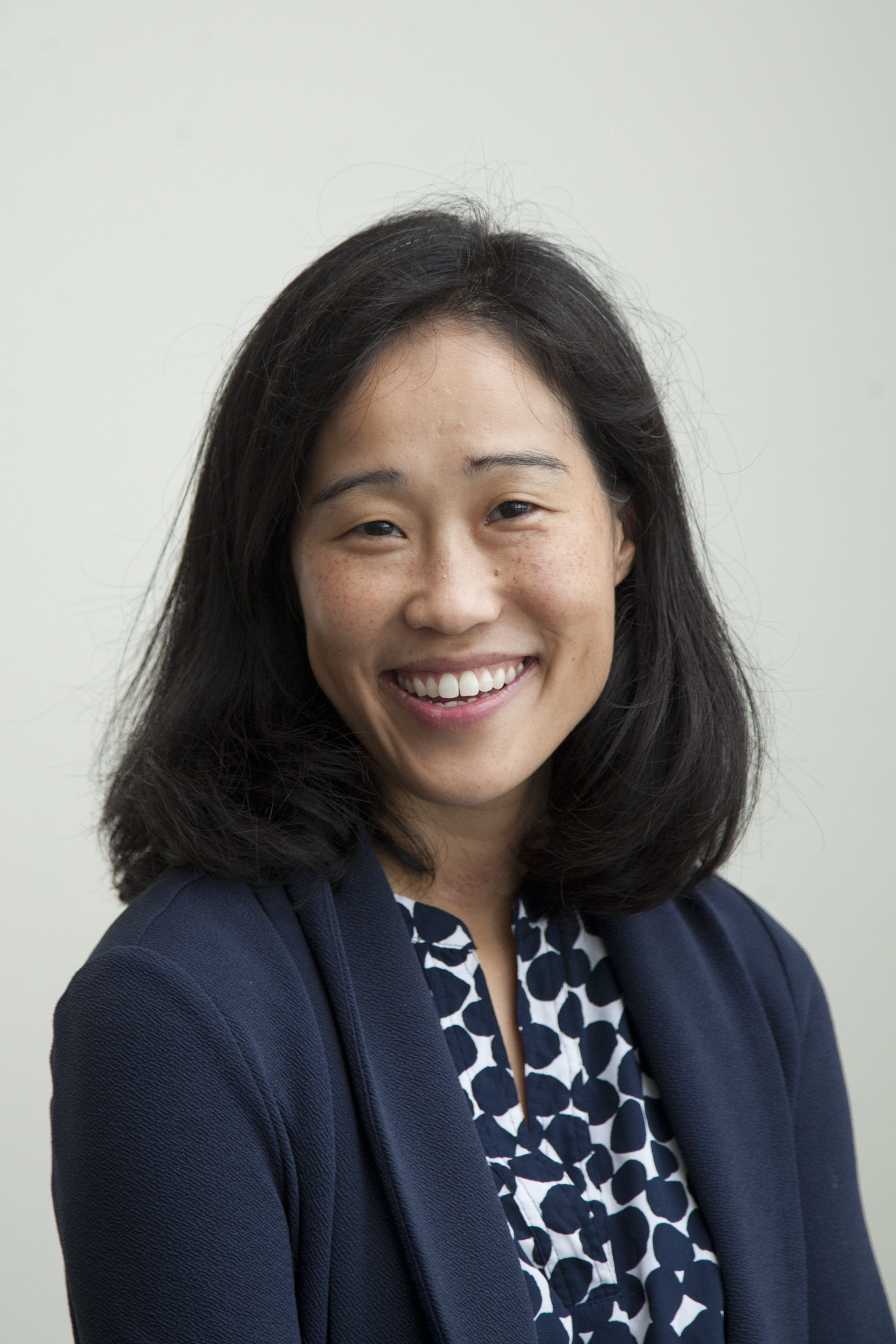Karly Murphy, MD, MHS, MSc, Receives 2023 Irene Perstein Award to Improve Health Care Delivery for Patients with Mental Illness
 Karly Murphy, MD, MHS, MSc, assistant professor of medicine, has been awarded a 2023 Irene Perstein Award recognizing her research on engaging marginalized populations with severe mental illness and improving their health care delivery systems.
Karly Murphy, MD, MHS, MSc, assistant professor of medicine, has been awarded a 2023 Irene Perstein Award recognizing her research on engaging marginalized populations with severe mental illness and improving their health care delivery systems.
The Perstein Award will allow Dr. Murphy to spend more time focusing on her research and support other resources as well, such as a data analyst. Dr. Murphy’s award was the inaugural Perstein Award to be supported by the Mount Zion Health Fund, which, through its grantmaking, is committed to advancing the health of the underserved who have limited access to quality health services.
“It was such a nice vote of confidence coming into UCSF,” Dr. Murphy said. “I knew I had the support of my division and department, but there are so many amazing researchers coming into the School of Medicine. It was wonderful to see that validation, support, and investment into my goals and work.”
Dr. Murphy, a general internist, is focused on primary care delivery to populations with severe mental illness, such as schizophrenia and bipolar disorder, and how the health care system engages those populations to prevent and manage chronic disease. She acknowledges seeing high rates of substance abuse across marginalized populations as well, but most patients are dying from other, sometimes preventable, diseases such as cardiovascular disease, cancer, hypertension, and diabetes.
“Populations with severe mental illness are dying 10 to 20 years sooner than people without severe mental illness,” Dr. Murphy said. “And the leading cause of death is their physical health.”
Patients in these hard-to-reach populations will sometimes see their therapist or psychiatrist more often than their primary care provider and can become marginalized from the physical side, or any other aspect, of the health care system. Dr. Murphy wants to find a way to get them better quality of care by diagnosing and managing their chronic conditions, then continue engaging them in preventive services, like cancer screenings, as well.
Dr. Murphy also acknowledges how difficult it is for care teams to know each other without shared electronic health records (EHR) or insurance for certain services like behavioral health.
“I’m interested in how we coordinate care as a health system, or how we better deliver care to meet the needs of this population who get siloed care across separate entities,” she said.
Dr. Murphy focused on issues that disproportionally affect patients in urban areas during her Internal Medicine residency training and Urban Health Primary Care track at the Johns Hopkins Hospital. She saw how substance abuse disorders and mental health negatively impact people’s ability to be in the health care system, including experiencing social stigma. As she moved into her research fellowship, she knew she wanted to work with medically complex patients who also had a psychiatric complexity, and sought out mentorship in the field.
Through her current research, Dr. Murphy has shifted from chronic disease to focus on breast cancer screening through her study of MarketScan and Medicaid data, which showed people with mental illness were not getting breast cancer screenings at the same rate as other people. She plans to request more data to understand why the mammography rates are so low, for instance, if they’re not being scheduled, and then to see which patients are engaging with primary care.
“Scheduling and getting an order are different barriers than access or being seen,” Dr. Murphy said. “Let’s fill in some of the gaps in between and make the system work better.”
Dr. Murphy has also begun to incorporate UCSF Health and San Francisco Health Network data into her research and wants to understand if nationwide trends and disparities are present in Bay Area health systems. Then, she intends to shift into analysis and implementation work to move beyond describing disparities and begin finding solutions to ameliorate and reduce them.
“There are a lot of people at UCSF interested in implementation work. That’s one of the reasons I chose breast cancer screening – there’s a lot of really exciting work at UCSF that I can build on,” she said.
The Irene Perstein Award was founded in 2007 and honors the legacy of Irene Holmes Perstein who left a bequest to provide annual awards to outstanding junior women scientists in the UCSF School of Medicine. Bridget Ostrem, MD, PhD, is also a 2023 Irene Perstein Award recipient.
